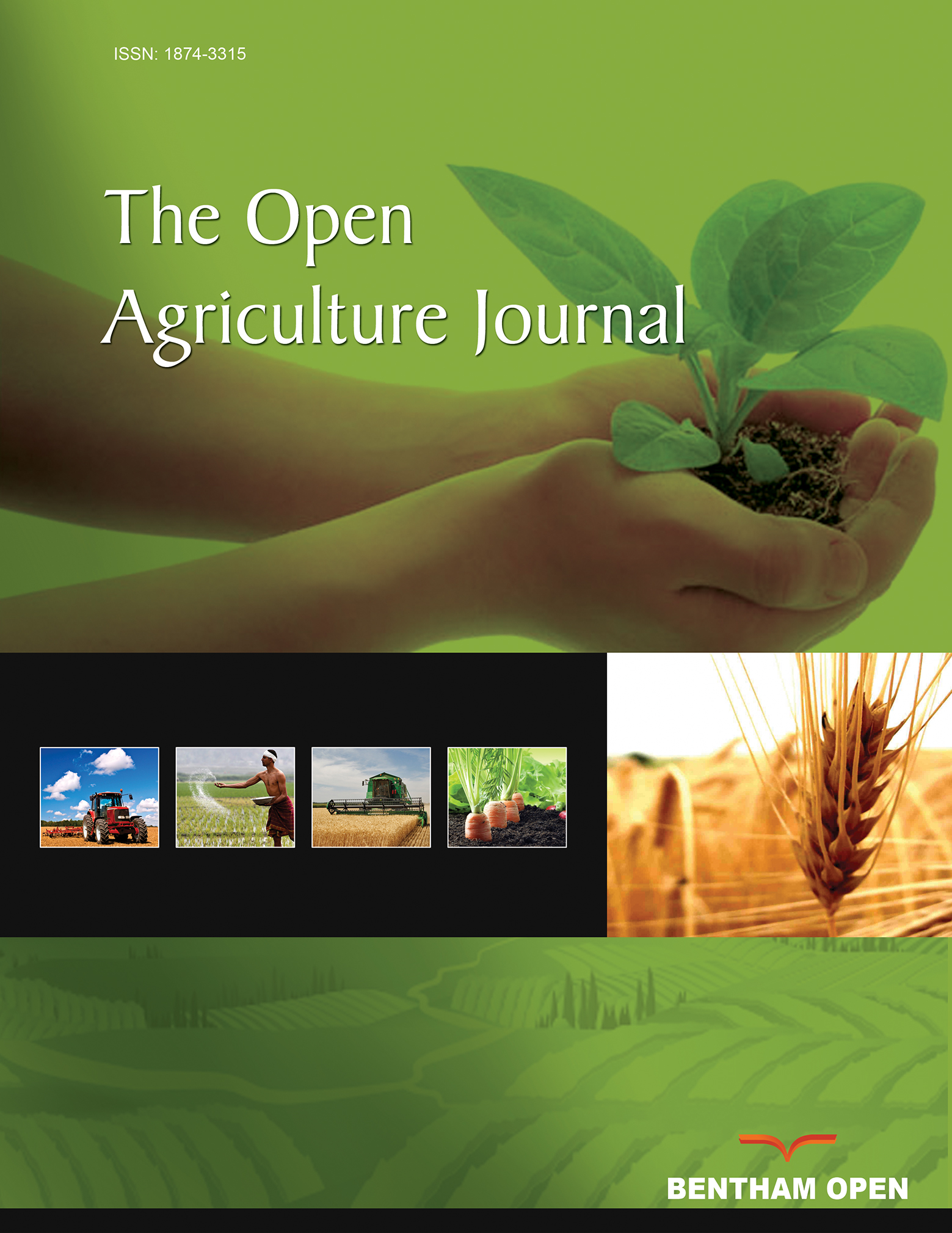All published articles of this journal are available on ScienceDirect.
Agriculture 4.0: The Role of Innovative Smart Technologies Towards Sustainable Farm Management
Abstract
A number of global issues, including climate change, scarcity of natural resources, demographics and food waste, are placing pressure on the overall sustainability of agricultural systems. For this, a generalized method of whole-farm management approach, based on the potent cross-industry cooperation of stakeholders, infrastructures, technologies and applications will be applied. Indeed, beyond the actual involvement of advanced technologies, the substantial challenge of agriculture towards sustainable growth resides in the competency to enact more sophisticated and effective agricultural processes at lower costs, provide safer and more efficient operating conditions both for the environment and stakeholders (involving farmers, agronomist engineers, policy makers, etc.), and finally increase the synergies among them, offering the ability to make decisions even on issues that have ordinarily been outside their areas of expertise. In this context, traditional farm management approaches should undergo fundamental transformations, enabling smart technologies not just for the sake of innovation but to re-engineer the entire value chain so as to preserve sustainability in the agricultural sector. Current advancements in communication technologies, such as Cloud Computing and the Internet of Things, tend to combine with other sophisticated technologies like Computational Intelligence, Robotics, Big Data, etc., leading to the fourth stage of revolution in the agricultural sector, known as Agriculture 4.0. The purpose of this study is to specify and evaluate the key technologies and solutions involving ubiquitous computing advancements and conceptual innovations of agricultural production toward Agriculture 4.0, along with their capabilities, effects, and challenges for the benefit of sustainable farm management.


